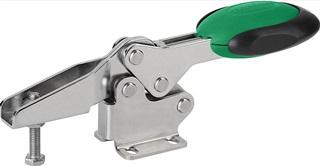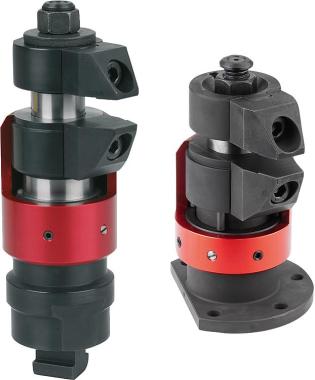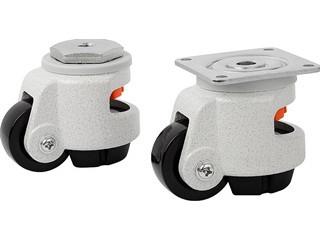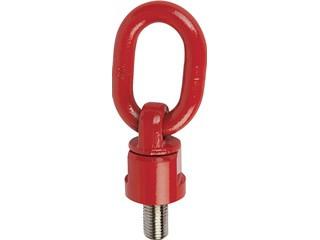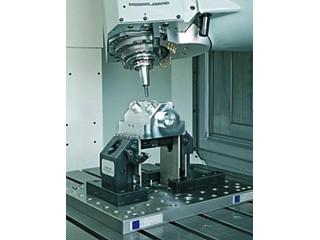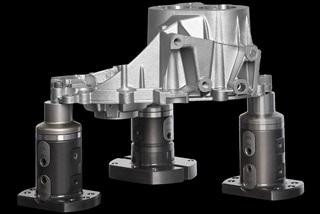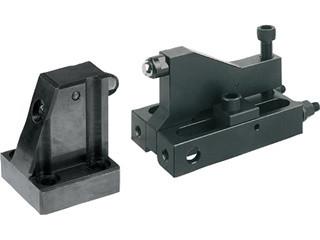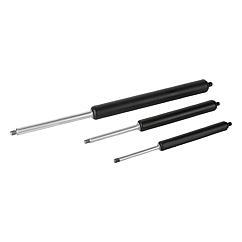NORELEM
Wheels and rollers for safe and reliable transport
norelem offers a wide range of high quality wheels and rollers for demanding industrial applications. Swivel and fixed castors as well as guide and hold wheels are available from stock as standard transport rollers or heavy-duty wheels. For your transport equipment, choose wheels and rollers made from resistant materials such as rubber, plastic or metal. Depending on the application, the versatile treads of our wheels and rollers provide resistance to high temperatures, increased corrosion protection or reduce electrical conductivity. Soft rubber treads, which protect the floor and reduce noise, are suitable for sensitive environments. For demanding applications, break- and abrasion-resistant polyamide or steel wheels will be used. Choose from our catalog the solution adapted to your floor and your transport equipment.
Types and differences
Whether high-strength wheels for handling equipment or guide wheels for logistics applications such as packaging lines or conveyor systems, norelem wheels and rollers offer special advantages in each area. These mobile equipment are not only used in sectors such as intralogistics or machine and plant construction, but also in areas with special requirements regarding hygiene, electrostatics, temperature or safety. We guarantee high quality standards for optimal performance and maximum system security for your application.
Swivel casters
The wheels of swivel casters are mounted with a horizontal distance, called reach. The reach allows easy pivoting without auxiliary devices and gives stable behavior to the caster. Machines and equipment can thus be maneuvered more easily. With locking devices such as the “stop-fix” wheel or rotating crown lock, you can secure your application securely.
Fixed casters
Fixed casters, in combination with swivel casters, ensure the directional stability of machines and equipment. Our casters are available in different materials, especially for hygienic or electrostatic discharge protected areas.
Guide wheel
The guide wheels are made from a particularly break-resistant polyamide. They are characterized by low friction, which allows them to be moved easily on smooth floors. They are particularly suitable for conveyors and gates for quiet operation.
Immobilizer wheel
Break-resistant polyamide immobilization wheels allow equipment to be lifted and securely secured. An ergonomically shaped control lever makes it easier to operate your application with the immobilizing wheels. Optional swivel caster wheels allow you to more easily maneuver your machines and equipment.
High resistance wheel
For pallet trucks and forklifts, we offer high-strength wheels. High-strength wheels have a solidly cast tread on a steel wheel body. They are respectful of the floors and have great elasticity as well as great longevity.
Material variants for different treads
norelem wheels and rollers are available in a wide variety of materials adapted to the area of application. The range includes, in addition to plastic and PU, rubber and polyamide wheels and rollers for industrial applications. If you choose rubber treads to protect your floors, you will benefit from vibration absorption properties. Rubber wheels and rollers are resistant to many aggressive fluids, except oils. Furthermore, these products convince with their great fluidity and their propulsion quality. Thanks to low starting resistance and low friction, combined with high wear resistance, rubber wheels offer high driving comfort.
The polyamide plastic wheels are particularly resistant to breakage and abrasion as well as to temperatures between -40°C and +80°C. Particularly heat-resistant polyamide can be used at temperatures up to +250°C.
The mixture is everything! Here's how to optimize your transportation app
Finding the optimal wheel for a specific application is sometimes not easy at all. Starting resistance and friction, soil friendliness and rolling noise can be influenced by various factors.
Starting resistance and friction
Moving a wheel from a state of rest to a state of motion requires force. The force to be applied arises from the starting resistance. The same goes for friction, which helps keep a wheel in uniform motion. For optimal fit, the following factors should be considered regarding starting resistance and friction:
- Wheel diameter
- Tread
- Tread hardness
- Tread elasticity
- Wheel bearing
- Surface
Hard, strong steel wheels are characterized, for example, by low friction. However, they cannot be used everywhere and at all times, as they place greater stress on the ground than soft treads.
Floor protection
A harder tread places more stress on the ground than a soft tread. The average surface pressure provides information on the pressure exerted. It is important to obtain an optimal balance between the dimensioning of the materials, the load to be transported, the running surface and the surface. For tread materials, the following values can be accepted regarding the average surface pressure:
- Inflatable wheels ~ 0.8 N/mm²
- Soft rubber ~ 0.8 N/mm²
- Super elastic solid rubber ~ 1.5 N/mm²
- Elastic solid rubber ~ 1.8 N/mm²
- Solid rubber/Polyurethane ~ 3.5 N/mm²
- (approx. 75° Shore A)
- Polyurethane ~ 8.0 N/mm²
- (approx. 92° Shore A)
- Thermoplastic ~ 11.0 N/mm²
- Polyurethane
- Polypropylene/Polyamide ~ 40.0 N/mm²
- Cast polyamide ~ 60.0 N/mm²
- Cast iron ~ 350 N/mm²
- Steel ~ 500 N/mm²
Rolling noise
If resistance is kept as low as possible and limited abrasion is combined with ground-friendly rolling behavior, rolling noise is reduced. The larger the wheel and the softer and thicker the tread, the quieter the vehicle.
Use the correct wheels and rollers
We are happy to advise you on the choice of wheels and rollers suited to your application. Let us know your application features and requirements. We will find the best solution for you.

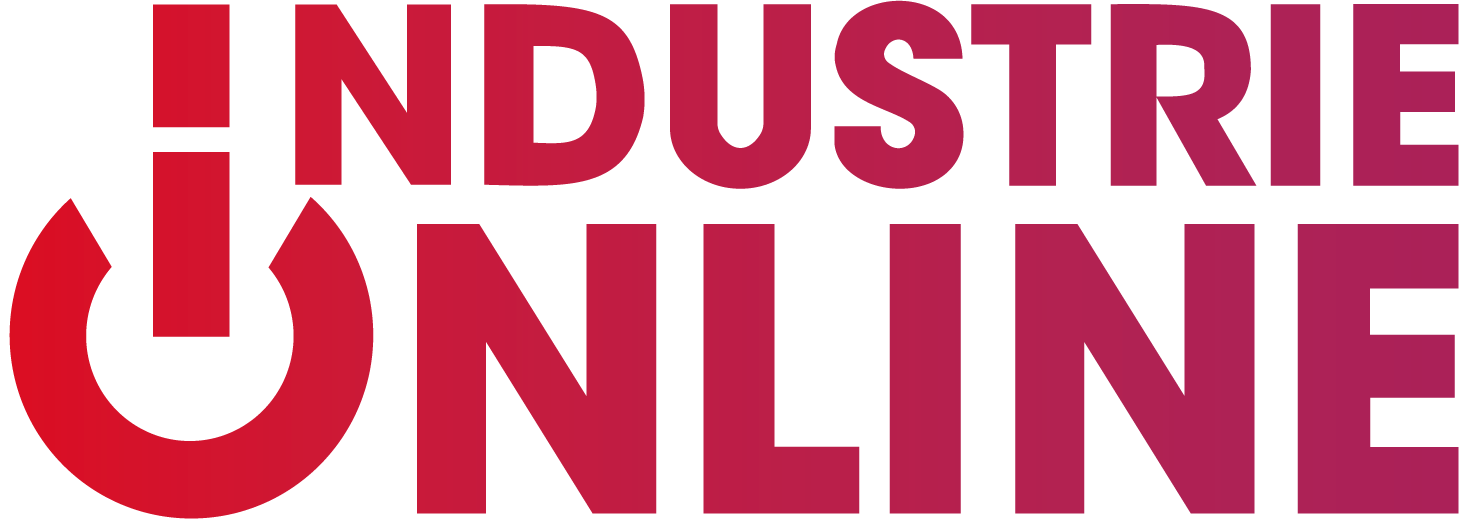

 Français
Français 
